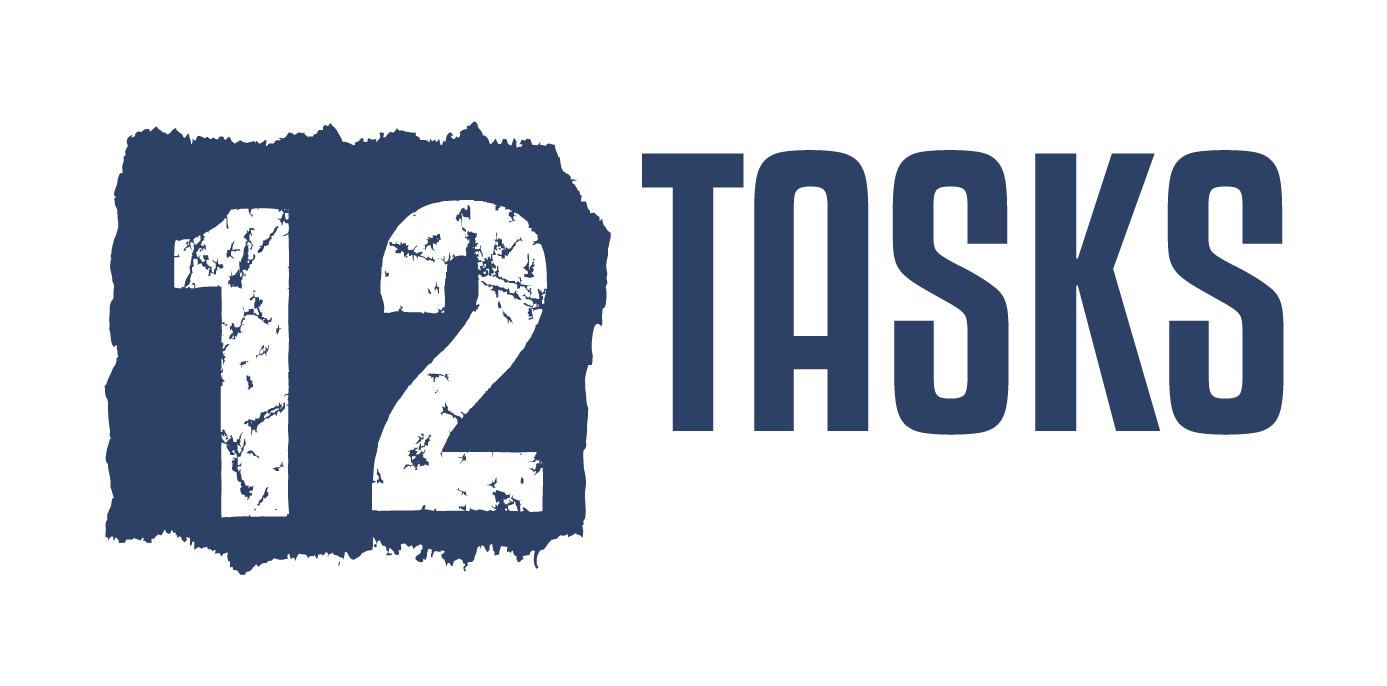Fights between two independence-oriented individuals seem inevitable – even within the same family. James (4:1) tells us that fights and quarrels are caused from unmet desires battling within us. We want something but can’t get it so we focus our laser-anger on the barrier or person standing in our way. That could be a parent or a child.
Every person on the planet wrestles with fear of some kind. Fear is a primary motivator for most of us at some point in our lives. Common fears, like the fear of failure, fear of abandonment, fear of helplessness, fear of being controlled, fear of worthlessness, fear of rejection and fear of isolation an impact us when we aren’t sure how to handle them. Sometimes our reactions to these fears brings further damage on our relationships. We can easily manipulate another person to try and alleviate our fears but end up damaging the relationship further.
Gary and Greg Smalley, in their book, The DNA of Parent-Teen Relationships, propose that most of us get stuck in a fear dance that short-circuits the health of our relationship. When one of us fears something, we react; that reaction sets off fears for the other person who reacts; their reaction sets off further fears for us and we are in an endless circle.
Let’s imagine that I have in mind the perfect Task for my daughter Michelle in her 12 Tasks adventure. I propose that she culminate her tasks by climbing up the same mountain her brother climbed up when he completed his Tasks. Being a girl moving toward independence, she starts to fear being controlled; She reacts by withdrawing from me; I fear being humiliated because I’ve already started setting this up with other parents as a great group experience; so I react by demanding her compliance; She feels powerless and helpless so reacts by criticizing me with others who are doing 12 Tasks; so I fear failure in all I’ve been planning so I react by going into a fix-it and manipulative mode which sparks her fear of …
Anyway, you get how this works. It happens before we even realize we’re into it. So much of the good you’ve tried to accomplish in this joint adventure of relationship building can get undone in a heartbeat. Toxicity can poison the good. As a parent, I can fall into the trap that my child is the problem and the solution for what I’m experiencing.
Stopping long enough to identify what we are feeling can make a key difference in breaking the cycle we are in. If you pick up the book and check out pages 56-64 you will find further definitions for emotions that leave you feeling:
Rejected; unwanted; abandoned; disconnected; a failure; helpless or powerless; controlled; effective; inadequate; inferior; invalidated; unloved; dissatisfied; taken advantage of; worthless or devalued; not good enough; unaccepted; judged; humiliated; ignored; unimportant; useless; afraid of intimacy; misunderstood; misportrayed; disrespected; out of control; alone or lonely; insignificant; unknown; disappointed; phony; unfairly treated; dishonest; betrayed; unaware…
Circle the ones you’re familiar with and attach them to a specific incident with your child. What do you think they were feeling as you reacted from this feeling of yours?
Reactions can be as varied as the feelings that prompt them. For example, the Smalleys highlight the following list as samples of reactions. See if any of them strike home with you or your teen.
You might: withdraw, stonewall, escalate, emotionally shut down, pacify, go into earn-it mode, belittle, harbor negative beliefs, display arrogance, blame, act like an innocent victim, control, practice dishonesty, withhold, demand, practice annoying behavior, provoke, isolate, exaggerate, thrown tantrums, practice denial, invalidate, maintain distressing thoughts, rewrite history, be defensive, get clingy, be passive-aggressive, avoid, caretake, be pessimistic, act out, go into fix-it mode, complain, criticize, strike out, manipulate, practice anger or rage, catastrophize, purse the truth, judge, be selfish, lecture, cross-complain, whine, show negative body language, be humorous, be sarcastic, minimize, rationalize, say yes, but…, be indifferent, dump on the other, abdicate, self-deprecate, mind read, repeat yourself, argue right/wrong, self-abandonment, righteous indignation, be stubborn, be righteous, play dumb, nag…
Once you get into this you can see how easy it is to realize that you’ve seen this cycle in more than one of your relationships. You may not be able to change the external circumstances but you have the ability to control how you respond to them.
As you’re working on the 12 Tasks together take some time to work on the deeper parts of yourself and your relationships. We are working to build lasting relationships through this adventure. If you have thoughts, insights, questions or anecdotal stories to share on this idea feel free to share. We’re cheering for you for the long haul.

